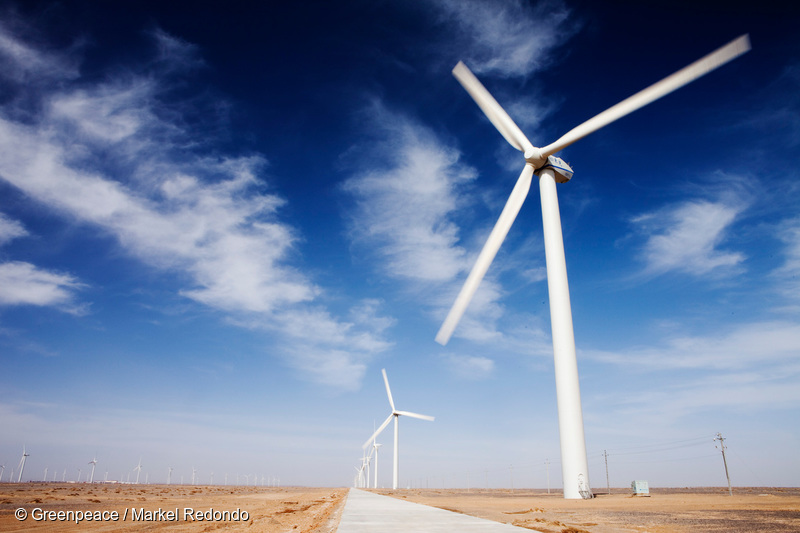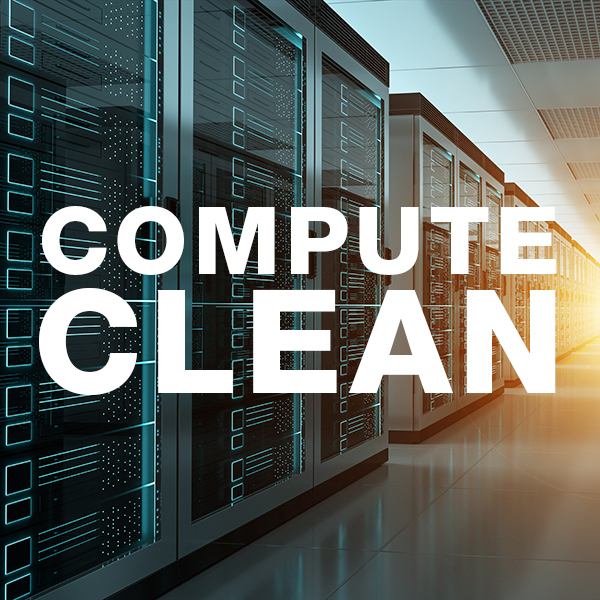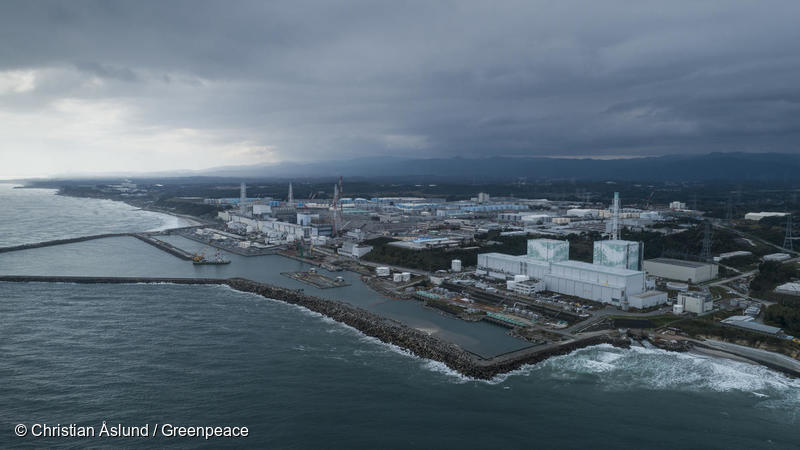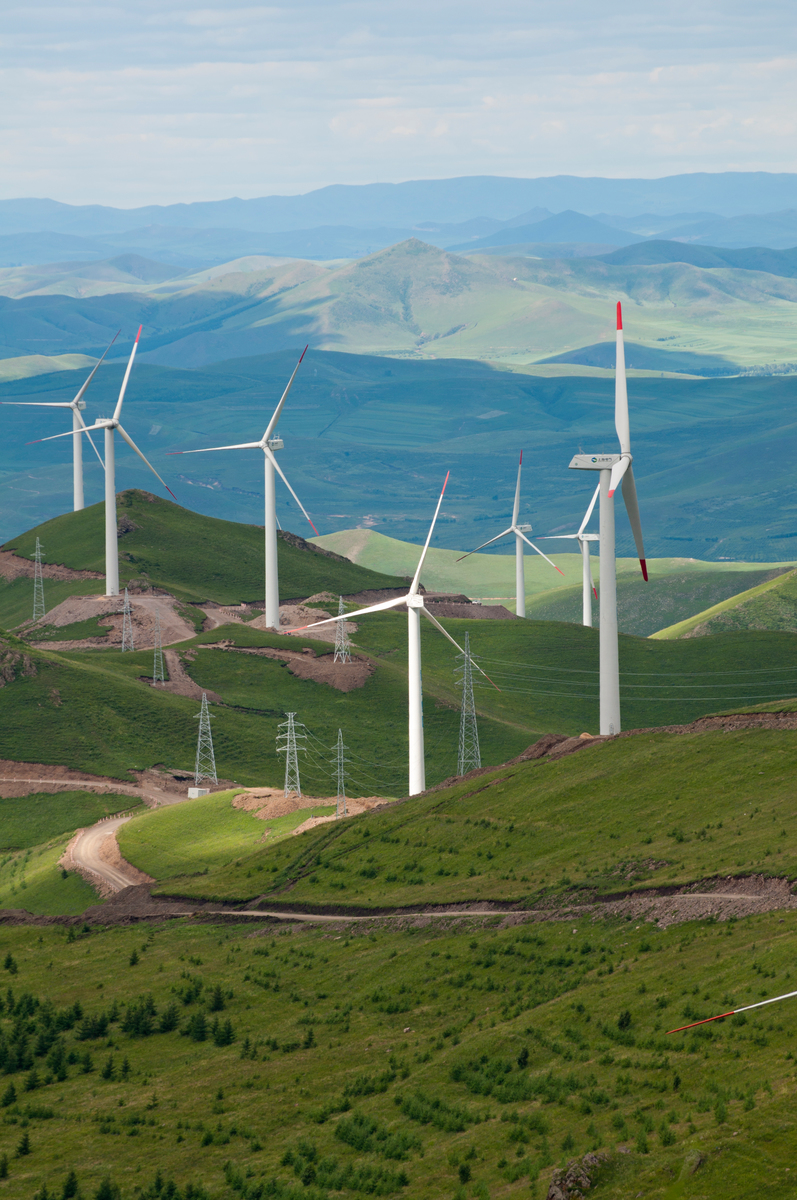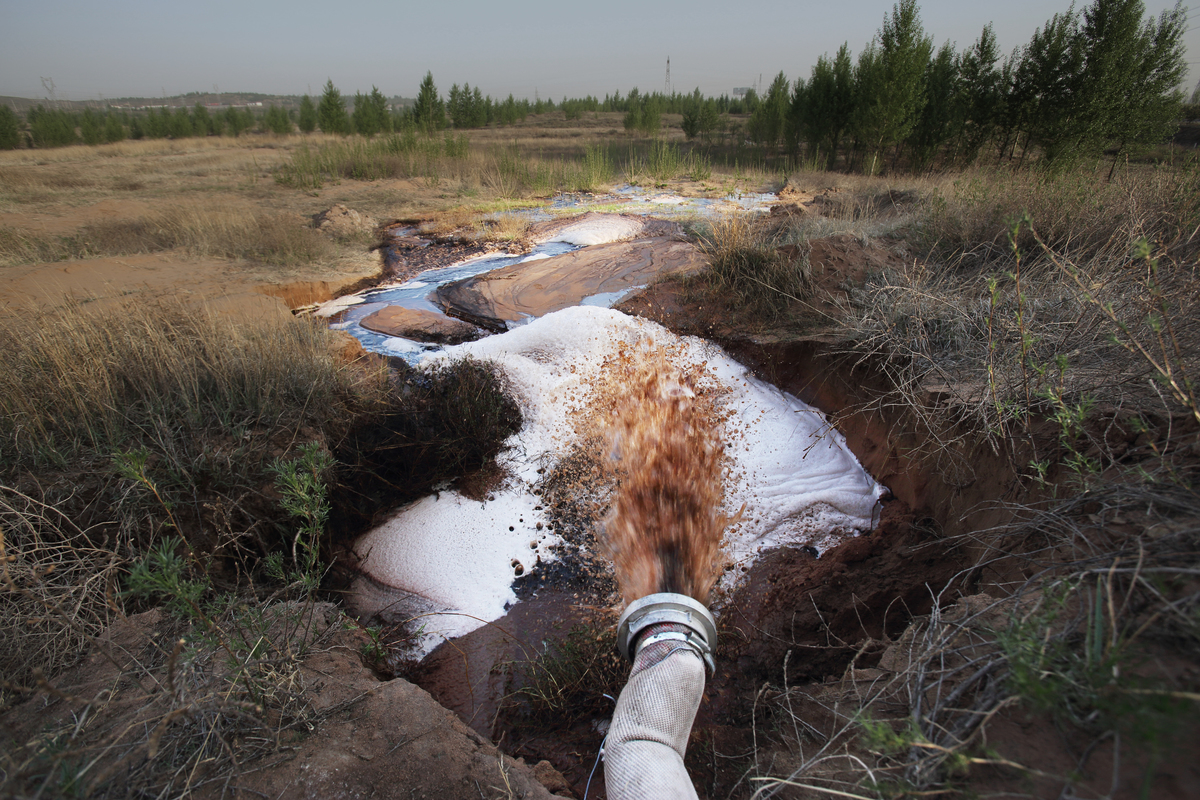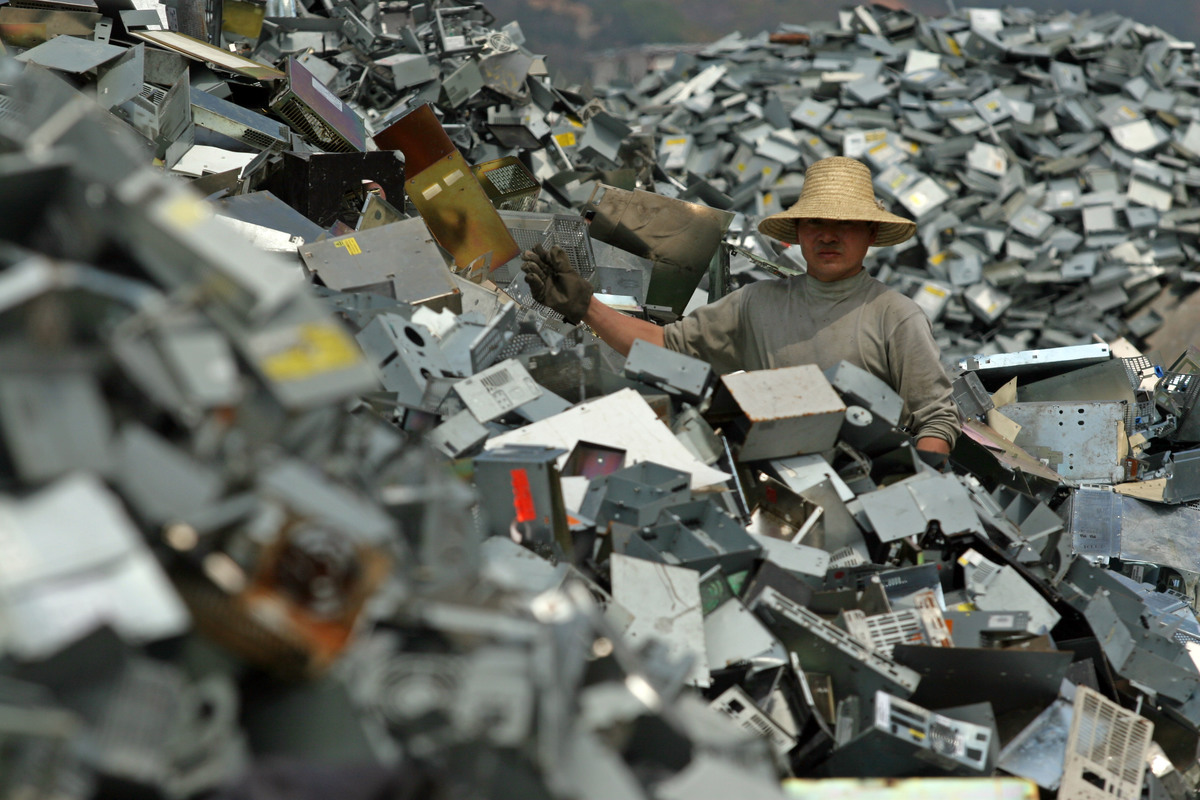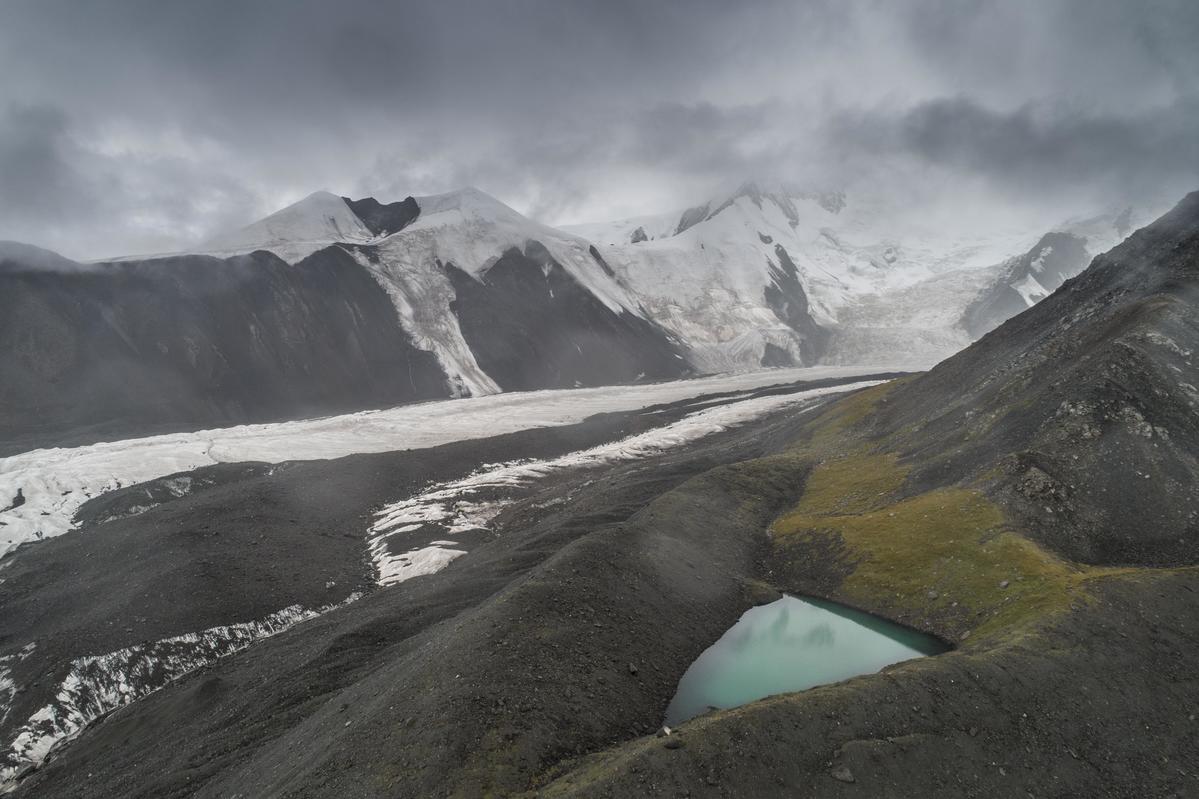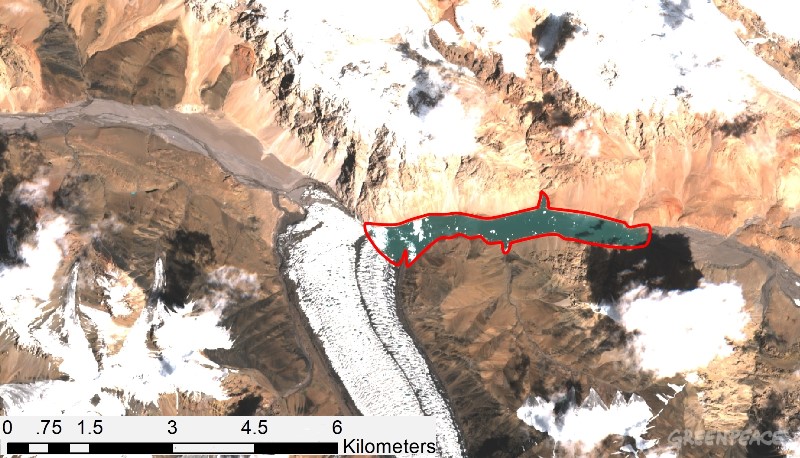All articles
-
China announces enhanced climate commitments: Greenpeace response
Beijing, 23 September 2020 – In a speech at the United Nations General Assembly on Tuesday, China’s President Xi Jinping pledged that China will peak its CO2 emissions before 2030…
-
Greenpeace releases first-ever clean energy scorecard for China’s tech industry
BEIJING, 9 January 2020: Greenpeace East Asia and the North China Electric Power University have released their first-ever renewable energy ranking of China’s tech giants.
-
China, Korea and Chile challenge Japan over Fukushima contaminated water crisis at United Nations maritime meeting
9 October 2019, London, The Japanese government was challenged today by several UN member states and Greenpeace at a meeting of the International Maritime Organization in London. States parties to…
-
Electricity consumption from China’s internet industry to increase by two thirds by 2023: Greenpeace
BEIJING, 9 September 2019 - China’s internet data center industry emitted an estimated 99 million tonnes of CO2 in 2018, new research from Greenpeace East Asia and the North China Electric Power University shows. Researchers found that increasing the sector’s renewable energy intake by 7% over the next five years would reduce carbon emissions by…
-
With poor oversight, China’s industrial parks no match for illegal wastewater dumping
Beijing, 21 May 2019 - With rampant illegal dumping, 18 out of 20 state-investigated Chinese provinces suffer from a severe lack of oversight in the industrial parks that were set up to tighten up wastewater management, which undercuts nationwide efforts to control pollution and runoff, problems that are exacerbated by an insufficient criteria framework and…
-
Cash-strapped cities in China greenlight toxic land for development despite pollution: data
Beijing, 23 April 2019 - Chinese cities transfer polluted land sites on quick turnarounds that imperil proper clean-up and treatment, as many municipal governments depend on transfer fees for revenue, and in all made 104.9 billion RMB ($15.6 billion USD) in revenue from the sale of land plots, many former chemical plants, that were identified…
-
China’s e-waste worth $23.8 billion by 2030
Beijing, 22 March 2019 - The value of metals discarded as electronic waste in China will total $23.8 billion USD by 2030, a sum that can be reclaimed through recycling and "urban mining" at cheaper costs than retrieving the same amount of metals through virgin ore mining, according to new research from Greenpeace East Asia.
-
Greenpeace survey reveals impact of climate change on glaciers in China
Beijing, 20 November, 2018 -- The rate of glacier melt at key sites in western China has increased dramatically in recent decades, new research from Greenpeace East Asia shows. Satellite data shows rapid glacier retreat at locations in Qinghai, Gansu and Xinjiang, and reveals how glacier melt caused two major disasters in western China over…
-
Glacial lake in western China bursts, annual average temperatures in area up 2 to 3 °C since 1961
Beijing, 15 August, 2018 - A glacial lake in Xinjiang, China burst in the early morning of August 10, releasing 35 million m³ of floodwater into the Yarkant River Basin. [1] Xinhua has reported evacuations in the nearby area. [2] The frequency of glacial outbursts in the Yarkant River Basin has increased since the 1980s…
-
Taiwanese seafood giant linked to human rights violations – Greenpeace
Taipei, 24 May 2018 - New evidence released today links human rights abuses to Taiwan’s international fishing fleet, including major seafood trader Fong Chun Formosa Fishery Company (FCF). This has serious implications for its global supply chains, and exposes the ongoing failure of the Taiwan government’s approach to address human trafficking and labor abuse.

